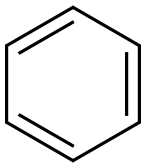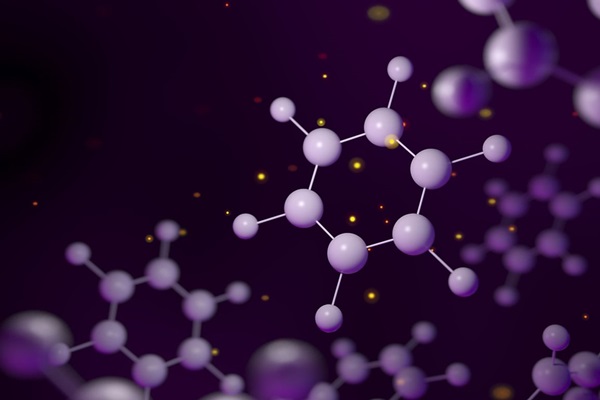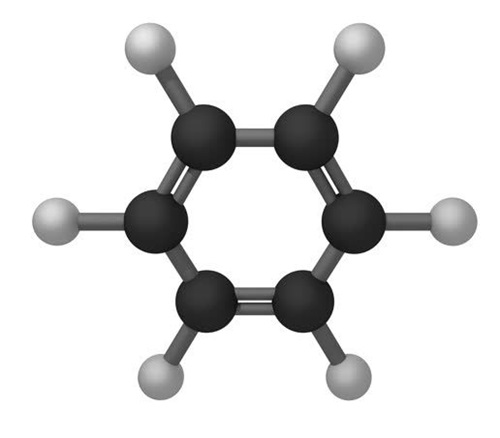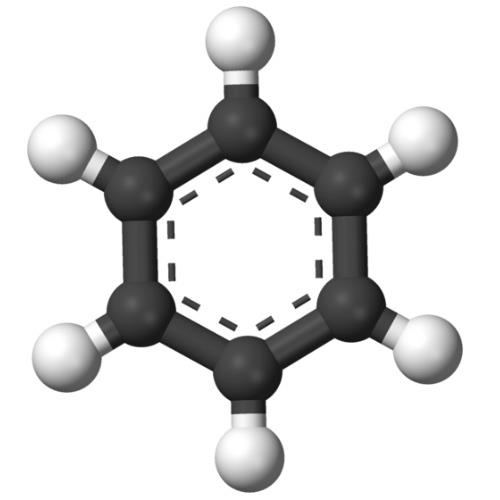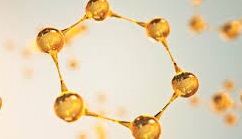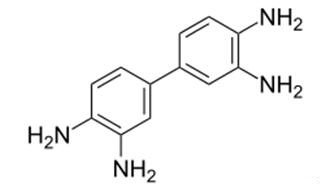Health risk of Benzene
What is benzene?
Benzene is a chemical that is released into the air from emissions from automobiles and burning coal and oil. It is also used in the manufacture of a wide range of industrial products, including chemicals, dyes, detergents, and some plastics.
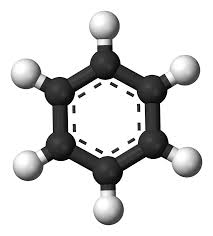
Why is benzene a concern?
Benzene is a carcinogen that can cause cancer in humans. It has caused cancer in workers exposed to high levels from workplace air. Based on results from a Center for Food Safety and Applied Nutrition (CFSAN) survey of almost 200 samples of soft drinks and other beverages tested for benzene conducted from 2005 through May 2007, a small number of products sampled contained more than 5 parts per billion (ppb) of benzene.
The manufacturers have reformulated products, if still manufactured, which were identified in the survey as containing greater than 5 ppb benzene. CFSAN tested samples of these reformulated products and found that benzene levels were less than 1.5 ppb. The US Environmental Protection Agency (EPA) has established a maximum allowable level (MCL) for benzene in drinking water of 5 ppb. FDA has adopted EPA’s MCL for drinking water as an allowable level for bottled water.
Do the levels of benzene in beverages pose a risk to public health?
The results of CFSAN's survey indicate that the levels of benzene found in beverages to date do not pose a safety concern for consumers. Almost all samples analyzed in our survey contained either no benzene or levels below 5 ppb. Furthermore, benzene levels in hundreds of samples tested by national and international government agencies and the beverage industry are consistent with those found in our survey.
How does benzene get into beverages?
Benzene can form at very low levels (ppb level) in some beverages that contain both benzoate salts and ascorbic acid (vitamin C) or erythorbic acid (a closely related substance (isomer) also known as d-ascorbic acid). Exposure to heat and light can stimulate the formation of benzene in some beverages that contain benzoate salts and ascorbic acid (vitamin C).
Sodium or potassium benzoate may be added to beverages to inhibit the growth of bacteria, yeasts, and molds. Benzoate salts also are naturally present in some fruits and their juices, such as cranberries, for example. Vitamin C may be present naturally in beverages or added to prevent spoilage or to provide additional nutrients.
);You may like
Related articles And Qustion
Lastest Price from Benzene manufacturers
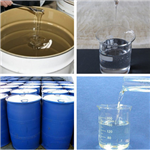
US $1.00/g2024-04-25
- CAS:
- 71-43-2
- Min. Order:
- 1g
- Purity:
- 99
- Supply Ability:
- 20tons
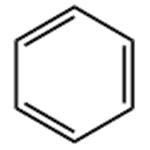
US $100.00-1.00/KG2024-03-25
- CAS:
- 71-43-2
- Min. Order:
- 1KG
- Purity:
- 99%
- Supply Ability:
- g-kg-tons, free sample is available
